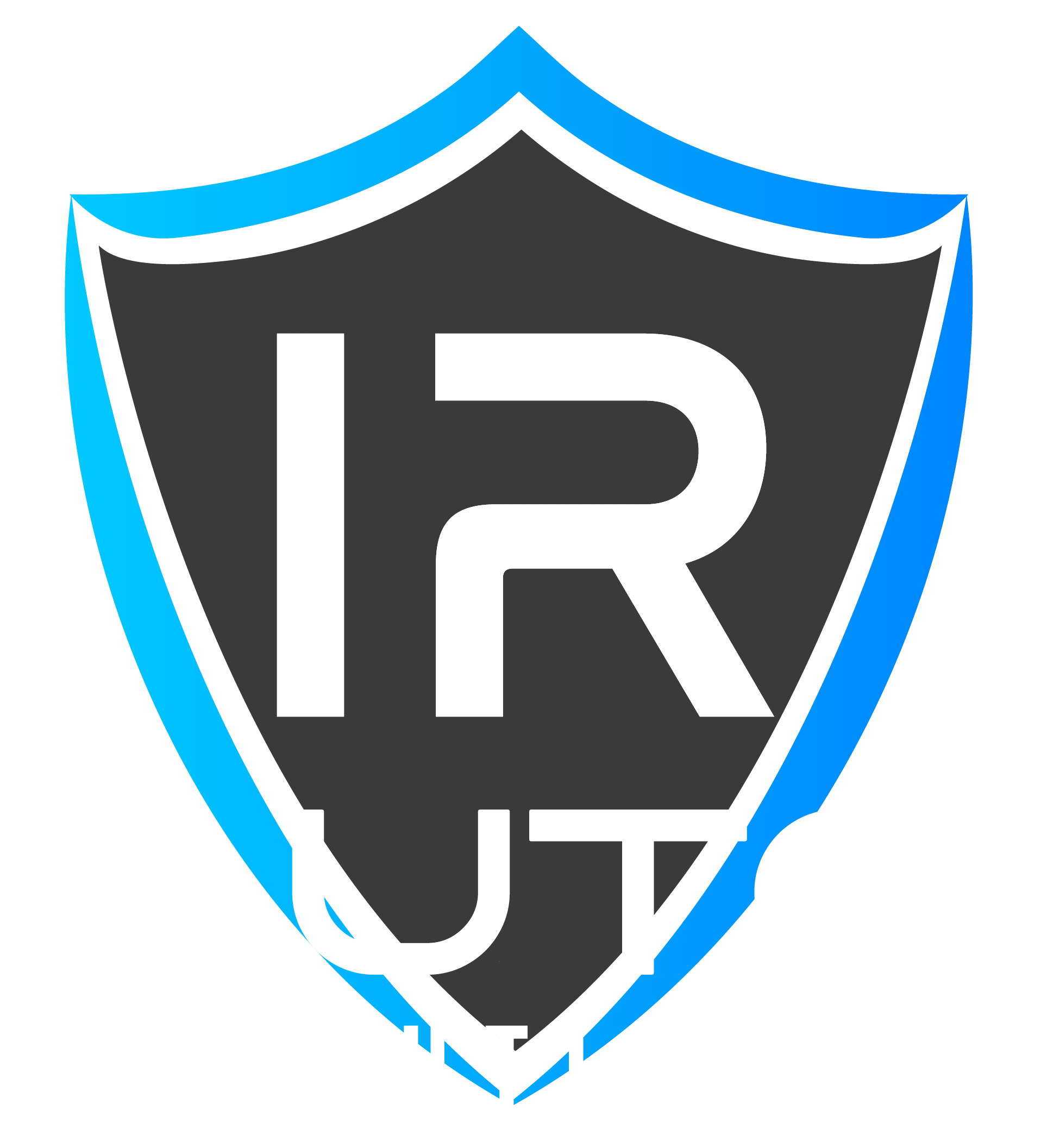Professional auto window tinting combines advanced film technologies, aesthetic upgrades, UV protection, and durability to enhance comfort, safety, and resale value for vehicle owners in Asheville, NC and beyond.
Key Takeaways
- Professional tinting blocks up to 99% of UV rays and reduces cabin heat by 20°F.
- Ceramic nano films offer superior durability, IR rejection, and clear visibility.
- Quality installations with edge-seal technology prevent film delamination in harsh climates.
- Premium tinting can raise resale value by 3–5% and accelerate sale times by 15%.
- Innovations include switchable electrochromic films and energy-harvesting coatings.
What is the appeal of professional auto window tinting?
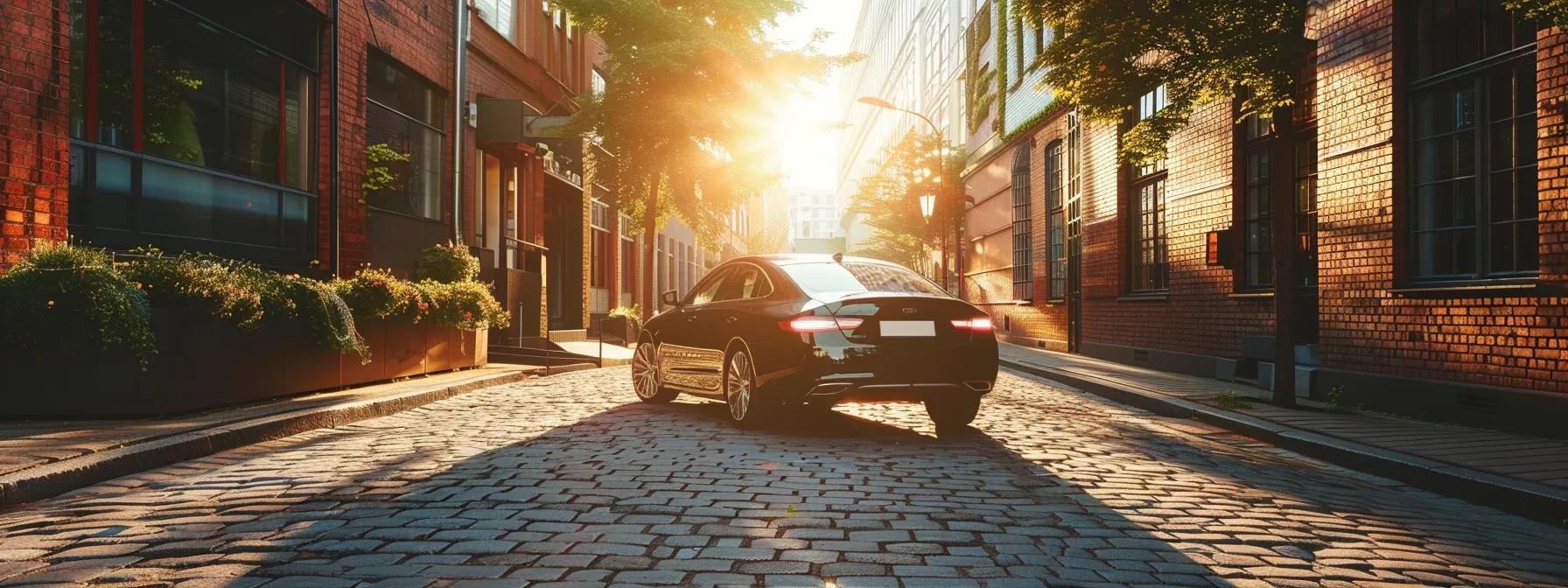
Professional auto window tinting appeals to car owners by improving interior comfort, privacy, and UV protection through precision film application.
This appeal is driven by the ability of high-quality films to block up to 99% of harmful ultraviolet rays, reduce glare by 70%, and lower cabin temperatures by as much as 20°F under direct sunlight. IR Auto Solutions, a leading window tint asheville nc provider, provides the highest quality tint films that protect passengers and upholstery from premature fading and supports skin cancer prevention endorsed by the Skin Cancer Foundation.
The improved comfort from reduced solar heat leads to less air-conditioning use, which in turn enhances fuel efficiency by up to 5% on long highway drives, reinforcing both environmental and economic benefits for everyday car owners and luxury car enthusiasts alike.
Benefits of professional auto window tinting include:
- UV rejection up to 99%, protecting skin and interior surfaces
- Heat reduction by 40–60%, improving cabin comfort
- Glare reduction up to 70%, enhancing visibility
- Interior preservation, reducing dashboard and upholstery fading
- Enhanced privacy and security through reduced visibility from outside
By combining these features, IR Auto Solutions ensures a seamless installation process and a measurable improvement in driving experience for both daily commuters and convertible owners seeking protection without compromising style.
How does fade resistant film use advanced technology?
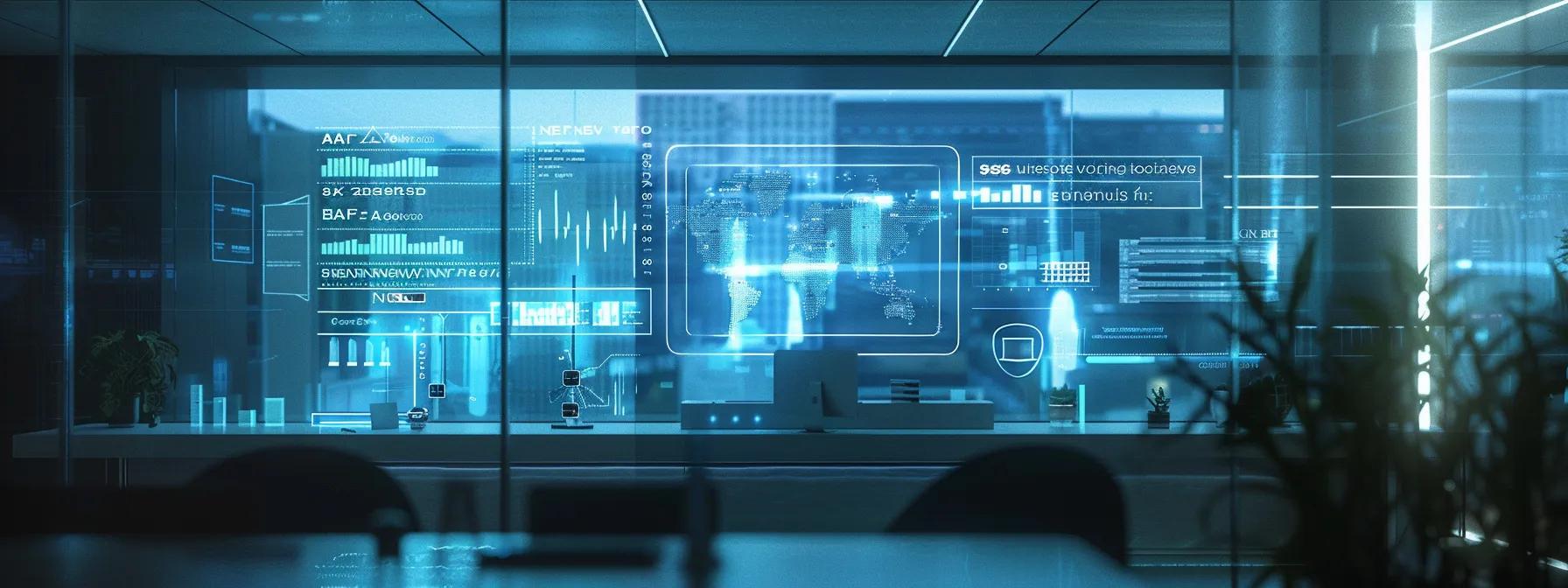
Fade resistant film uses advanced nanotechnology and multi-layer optical coatings to deliver superior UV and infrared rejection without darkening visibility.
These films integrate microscopic ceramic particles that reflect infrared wavelengths up to 90% while allowing visible light transmission of 50–80%, preserving color accuracy and clarity. IR Auto Solutions sources fade resistant films from leading manufacturers such as LLumar and 3M that employ patented nano-ceramic formulations for long-term stability and fade resistance over 10 years.
Fade resistance relies on multiple layers: a scratch-resistant outer coat, a UV-blocking polymer layer, and a ceramic or carbon core for IR reflection. This layered structure not only reduces heat absorption but also prevents dye degradation and discoloration that occurs in standard dyed films after 12–18 months.
The following table compares different fade resistant film technologies offered by IR Auto Solutions with their performance attributes.
| Film Type | Visible Light Transmission (%) | UV Rejection (%) | IR Rejection (%) | Warranty (Years) |
| Ceramic Nano | 50–70 | 99 | 90 | 10 |
| Carbon Mesh | 60–80 | 98 | 70 | 7 |
| Metalized Alloy | 45–60 | 95 | 80 | 8 |
The table highlights that ceramic nano films deliver the highest infrared and UV rejection while maintaining clear visibility and industry-leading warranties, making them the preferred choice for buyers seeking premium protection and longevity.
How does professional tinting deliver durability and long-term protection?
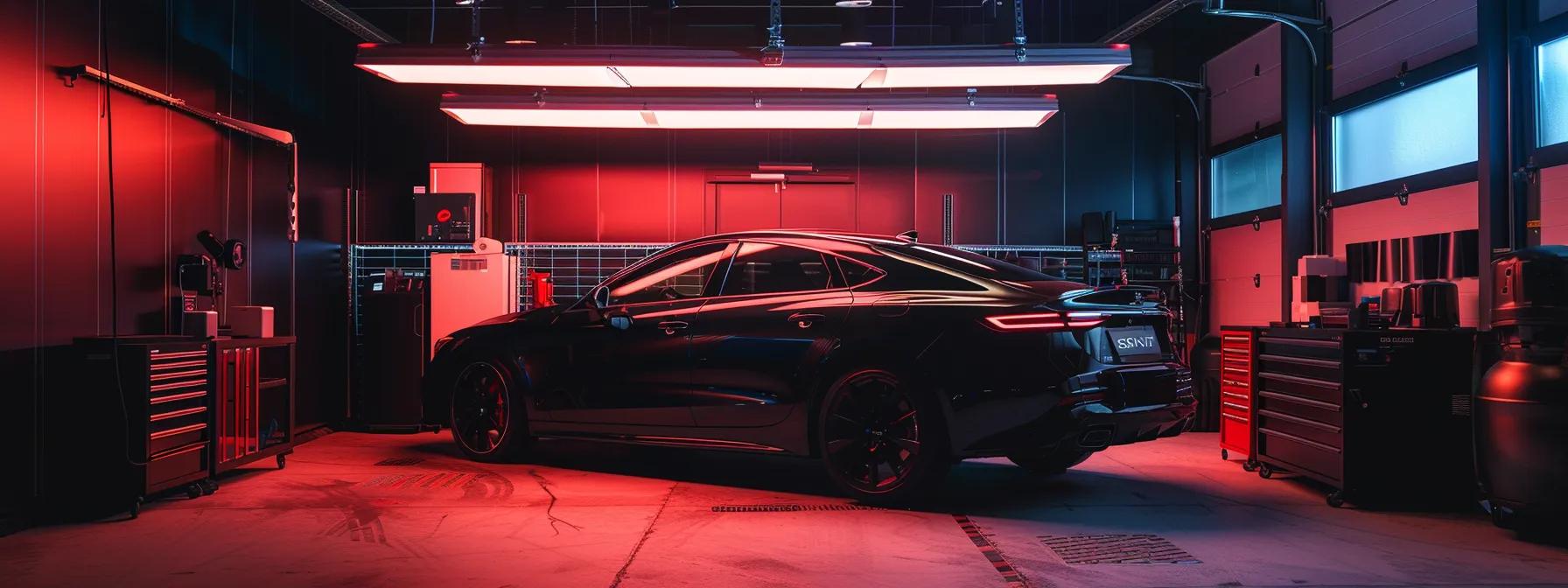
Professional tinting delivers durability and long-term protection through precision film lamination and advanced adhesives that resist peeling, bubbling, and fading under harsh conditions.
IR Auto Solutions installs films with edge-seal technology on automotive tempered glass, creating a moisture-resistant barrier that prevents delamination in climates with high humidity or frequent temperature swings. This process ensures that films maintain performance over a 7–10 year lifespan typical of ceramic nano technologies.
Durability is further enhanced through a proprietary clear coat that resists chemical etching, rock chips, and abrasive cleaners. Laboratory tests by leading film manufacturers show that properly installed ceramic films retain over 85% of their IR rejection capacity after 5 years of exposure to UV radiation, heat cycles of –20°F to 140°F, and frequent wash cycles.
Long-term protection extends beyond heat rejection: the laminated film acts as a shatter-retention layer, reducing the risk of injury from flying glass fragments during accidents. This safety enhancement aligns with federal automotive safety standards (FMVSS 205), supporting both driver security and peace of mind.
Related Blog: What to Expect During Your Auto Window Tinting Appointment
How does auto window tinting influence car resale value?

Auto window tinting influences car resale value by preserving interior condition, improving appearance, and signaling care and maintenance to potential buyers.
Detailed market analyses from Edmunds and Kelley Blue Book indicate that vehicles with professionally applied premium ceramic tint can command a resale premium of 3–5%, translating into an average increase of $800–$1,200 on a mid-range vehicle sale. IR Auto Solutions provides certification paperwork and warranty transfer documents that validate the authenticity of the installation to prospective buyers.
A well-maintained tinted interior shows minimal UV-induced fading of dashboard surfaces, upholstery, and trim plastics, factors that appraisers use when calculating condition grades. Buyers often perceive tinted vehicles as better protected against heat and sun damage, reinforcing the vehicle’s overall market desirability.
Additionally, aesthetic enhancements from uniform, precision-cut films contribute to a cohesive exterior design that stands out in online listings, leading to 15% faster sale times compared to untinted counterparts according to a 2022 Automotive Market Trends report.
What are the trends and innovations in auto window tinting?
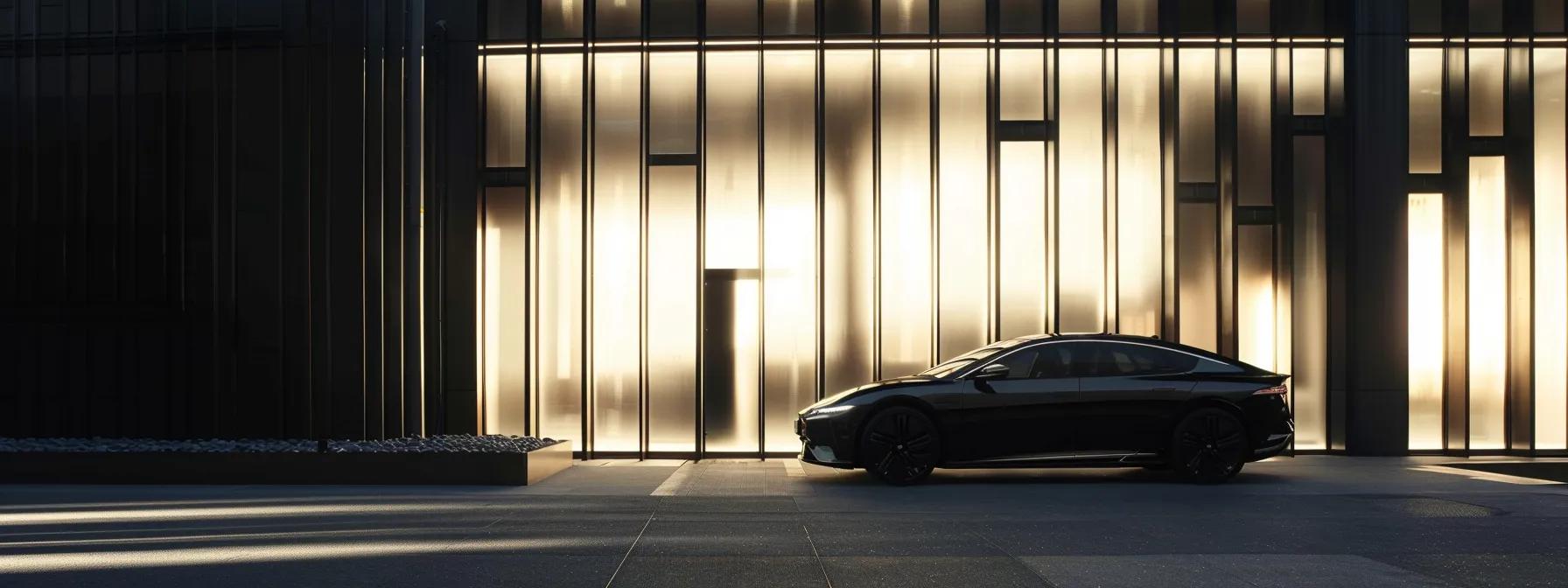
Trends and innovations in auto window tinting span smart switchable films, energy-harvesting coatings, and ultra-thin nano-laminates that integrate seamlessly with OEM glass.
Switchable electrochromic films introduced in 2023 allow drivers to adjust tint levels dynamically via a touchscreen or smartphone app, offering variable visible light transmission from 5% to 70% in under two seconds. IR Auto Solutions is among the first to pilot these film technologies in Asheville for high-end EVs, enhancing privacy on demand without replacing factory glass.
Energy-harvesting coatings incorporate photovoltaic nanolayers that capture infrared heat and convert it into low-voltage electricity to power cabin electronics. Early field tests demonstrate 2–3W of power generation per square foot in direct sunlight, enough to support seat heaters or battery-management systems during idling.
Carbon ultra-thin laminates under 1 mil thickness deliver a near-invisible appearance with 50% IR rejection and 99% UV cutoff, appealing to minimalists and luxury car owners who value factory aesthetics. These innovations reflect a shift toward multifunctional film systems that combine protection, energy efficiency, and smart features.
How do you choose a professional tinting service for optimal results?
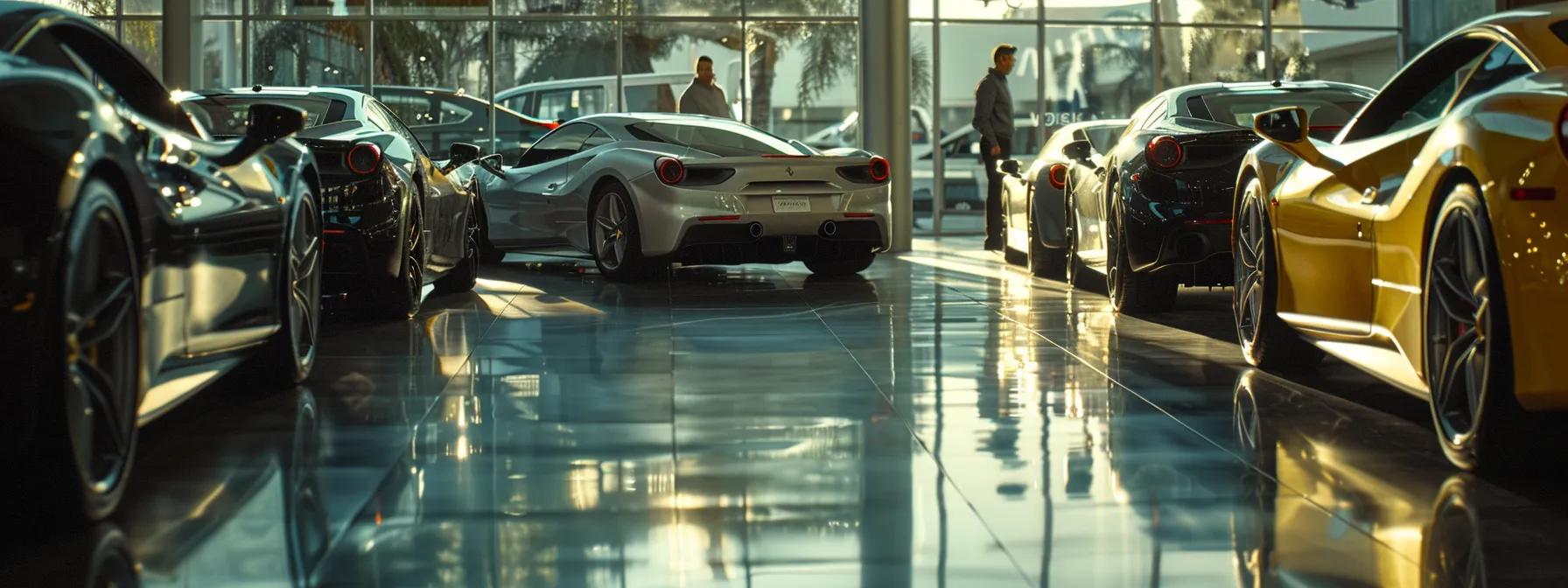
You choose a professional tinting service for optimal results by evaluating installer certifications, product warranties, and precision installation capabilities.
IR Auto Solutions holds certifications from major film manufacturers—3M, LLumar, and SunTek—and offers transferable lifetime warranties on ceramic and nano-ceramic films. Customers in Asheville can review certified installations at the IR Auto Solutions showroom and verify warranty terms before purchase.
Optimal service providers use computerized film-plotting software to cut precision patterns that ensure edge-to-edge coverage without manual trimming, reducing installation time to under two hours for sedans and under three hours for SUVs. Proper surface preparation, including comprehensive glass decontamination and adhesive activation, ensures uniform bonding and bubble-free finishes.
Verified customer testimonials and third-party reviews on platforms like Google Business Profile and Edmunds reflect post-installation satisfaction scores above 4.8/5 for IR Auto Solutions, reinforcing confidence in service quality, professionalism, and adherence to local tinting regulations under North Carolina vehicle codes.
Related Blog: How Much Does Auto Window Tinting Cost in Asheville, NC?
FAQs
What tint darkness is legal in North Carolina?
North Carolina permits front side windows with no less than 35% visible light transmission and rear windows at any darkness.
How long does professional tint installation take?
A standard sedan installation typically takes 1.5–2 hours; SUVs may require up to 3 hours.
Can ceramic tint help reduce glare while driving?
Ceramic tints reduce glare by up to 70%, improving driver visibility in bright conditions.
Is manufacturer warranty transferable on window film?
Yes; IR Auto Solutions provides lifetime transferable warranties on select ceramic and nano film products.
Does tinting affect mobile phone or radio signals?
Modern ceramic and carbon films are non-metalized and do not interfere with cellular or GPS signals.
Professional auto window tinting elevates both comfort and value, leveraging advanced film technologies to block UV and infrared radiation while enhancing vehicle aesthetics. IR Auto Solutions ensures durable installations backed by industry-leading warranties and certified expertise. Innovative trends such as switchable films and energy-harvesting coatings point to a smart, multifunctional future for window tinting. Investing in professional tinting delivers tangible benefits in protection, resale value, and driving satisfaction.
